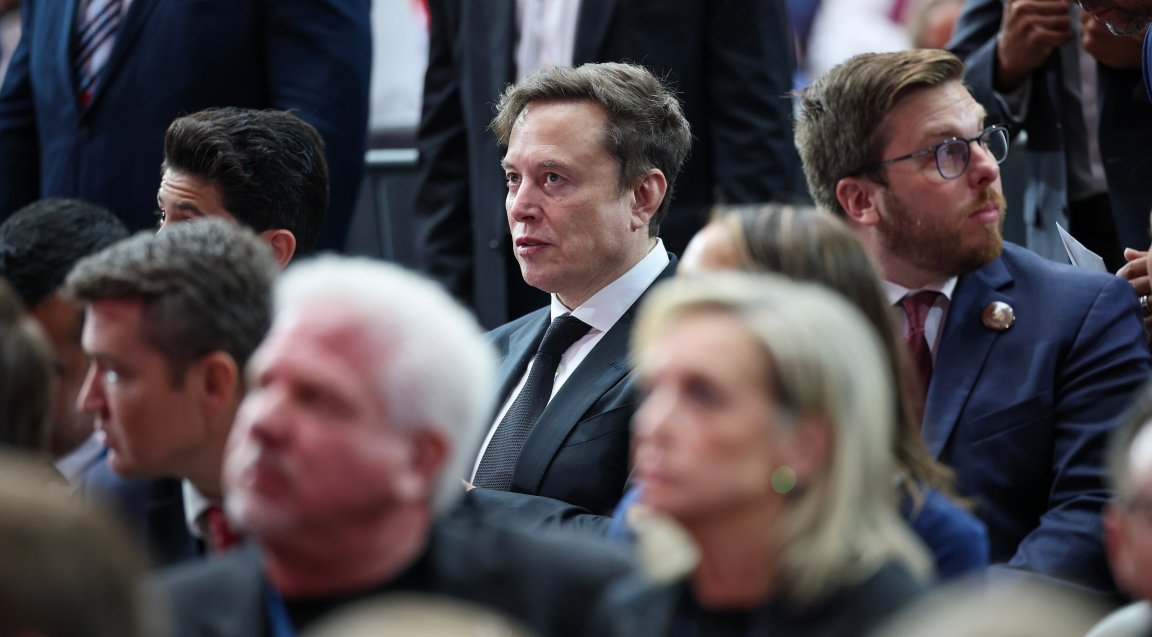Hyderabad: With traffic having become a ubiquitous phenomenon and commuters spending many minutes, and sometimes even hours, in traffic jams, doctors in the city say the ever-increasing vehicular gridlocks are taking a toll on the mental and physical well-being of daily commuters.It’s not just respiratory and ear-related illnesses — health conditions commonly associated with traffic — which have become prevalent. A traffic-induced physical condition, which doctors call lower mechanical back pain, has also been on the rise in the city. Orthopaedic doctors in Hyderabad link the recent surge in cases to prolonged sitting hours that commuters have been dealing with due to traffic.“Sitting is the new smoking. Youngsters, especially IT professionals who travel to the IT corridor every day, spend an average of three hours every day on roads sitting on two-wheelers in a static position. When this happens, the disc around the spine becomes stiff, which aggravates spine degeneration, leading to acute and sometimes chronic lower back pain. While only 10% of cases require surgery, the remaining patients are likely to experience recurring back pain throughout their life,” explains Raghava Dutt, director and chief of spine surgery at Udai Omni Hospital.Doctors say they have witnessed an 80% increase in back pain-related cases in the last decade in the city due to various factors such as obesity, sedentary lifestyles, lack of physical exercise, and, expectedly, traffic. In all such cases, the share of traffic-generated back pain cases has increased from less than 1% during pre-Covid times to more than 20%, doctors say.Unsurprisingly, most of the patients who go to hospitals complaining of back pain are motorists, who are IT professionals, who not only bear the harshest brunt of traffic, but also spend 8-9 hours every day sitting in office. They belong to the 20-45 age group, according to doctors.“It’s not just sitting, but constantly moving and stopping, which happens while commuting in traffic, that causes back pain. In a recent study conducted in Sweden, it was found that continuously applying pressure on the clutch also increases stress in the discs around the spine. Frequent stop-and-go traffic puts additional strain on the neck due to the constant forward and backward movement too,” Dutt elaborates.While traffic has definitely been a leading cause, doctors say bad roads in the city are also to be equally blamed. “While cars these days come with advanced suspensions, every time it passes through a pothole, it leads to a jerk reaction in the intervertebral discs surrounding the spine, which causes it to displace. Once the discs retract, they end up compressing the nerve roots surrounding the spine, which causes severe back pain,” says Dasaradha Rama, chief orthopaedic surgeon at Yashoda Hospitals, Somajiguda.Meanwhile, road safety activists in the city advocate for more physical exercise and better footpath infrastructure to combat back pain. “Traffic is going nowhere, and with our lifestyles increasingly becoming more sedentary, it’s important to include some kind of physical exercise as part of your routine. Unfortunately, there are not enough public spaces in the city where you can exercise, so the govt needs to focus on restoring and introducing more playgrounds in the city. From a policy point of view, people need to be encouraged to walk on roads instead of taking their vehicles out, and the only way that can be done is by promoting public transport and installing more footpaths in the city,” says Kavita Vemuri, a researcher of two-wheeler traffic and a professor at the International Institute of Information Technology (IIITH).








